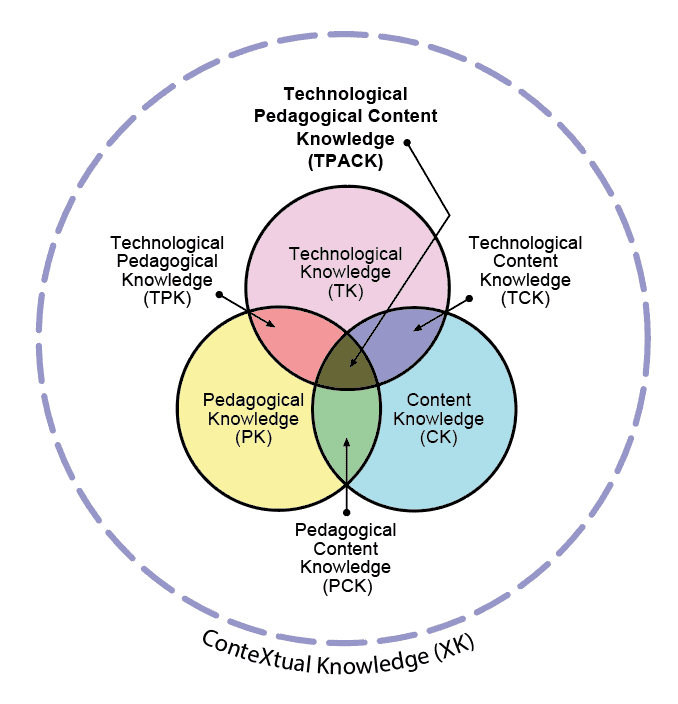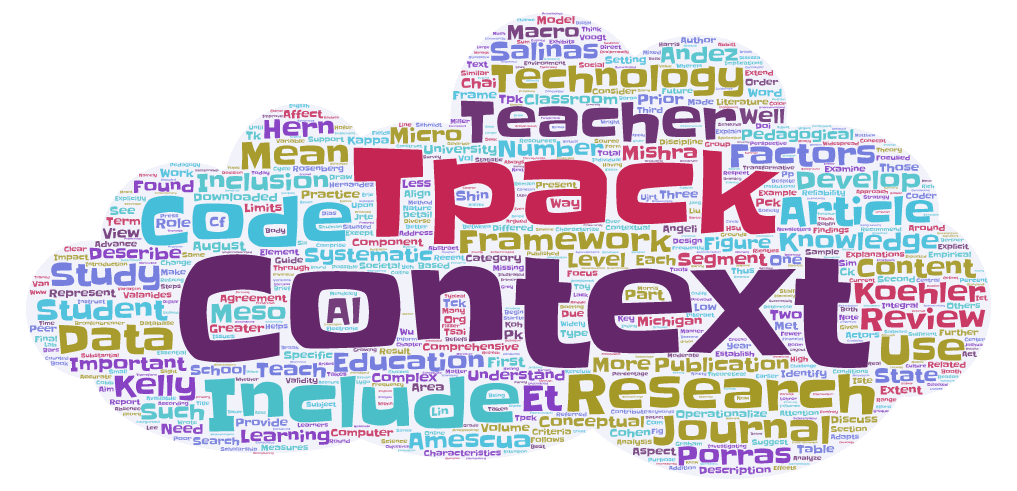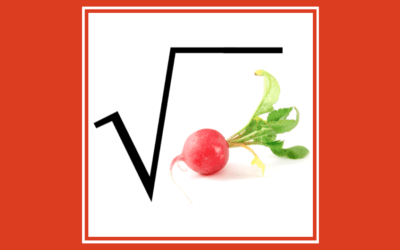Back in September I wrote a long-ish blog post about something that had bothered me for years and years about the canonical TPACK diagram. It had to do with how contextual knowledge was represented in the diagram, or rather how it was not represented in the diagram.
As it happens, the editors of the Journal of Digital Learning in Teacher Education, believed that it would be good to present these ideas in the form of a guest editorial and I was more than happy to take them up on that offer—just found out today that it had been published.
I would like to point out that editorials in JDLTE have played a significant role in the development of the TPACK framework. Back in 2007 Ann Thompson and I published a similar editorial announcing how what Matt and I had initially called TPCK would now be known as TPACK. One could argue that this name change – making the acronym actually pronounceable went a long way in making TPACK popular. (Note: JDLTE was known as Journal of Computing in Teacher Education back then.) Complete reference, link to pdf of article, and new image provided below.
Mishra, P. (2019): Considering Contextual Knowledge: The TPACK Diagram Gets an Upgrade. Journal of Digital Learning in Teacher Education.
DOI: https://doi.org/10.1080/21532974.2019.1588611
NOTE: You are free to use the updated version of the TPACK diagram in your work as long as you cite the article above.




Dr, i want to know details about XK (contextual knowledge). How can i get more article about XK???
Yes it would be good to have all journals be open access, or if I had choice to publish just in open-access journals. Things are often not that simple. Open access journals often charge authors and are of variable quality. In this particular case I was invited to write this editorial — so really did not have a choice in which journal it was going to.
That said, I always make my articles freely available – which means you can read the article by clicking on the link above.
It would be nice if researchers were more respectful of teachers and published in open access journals.